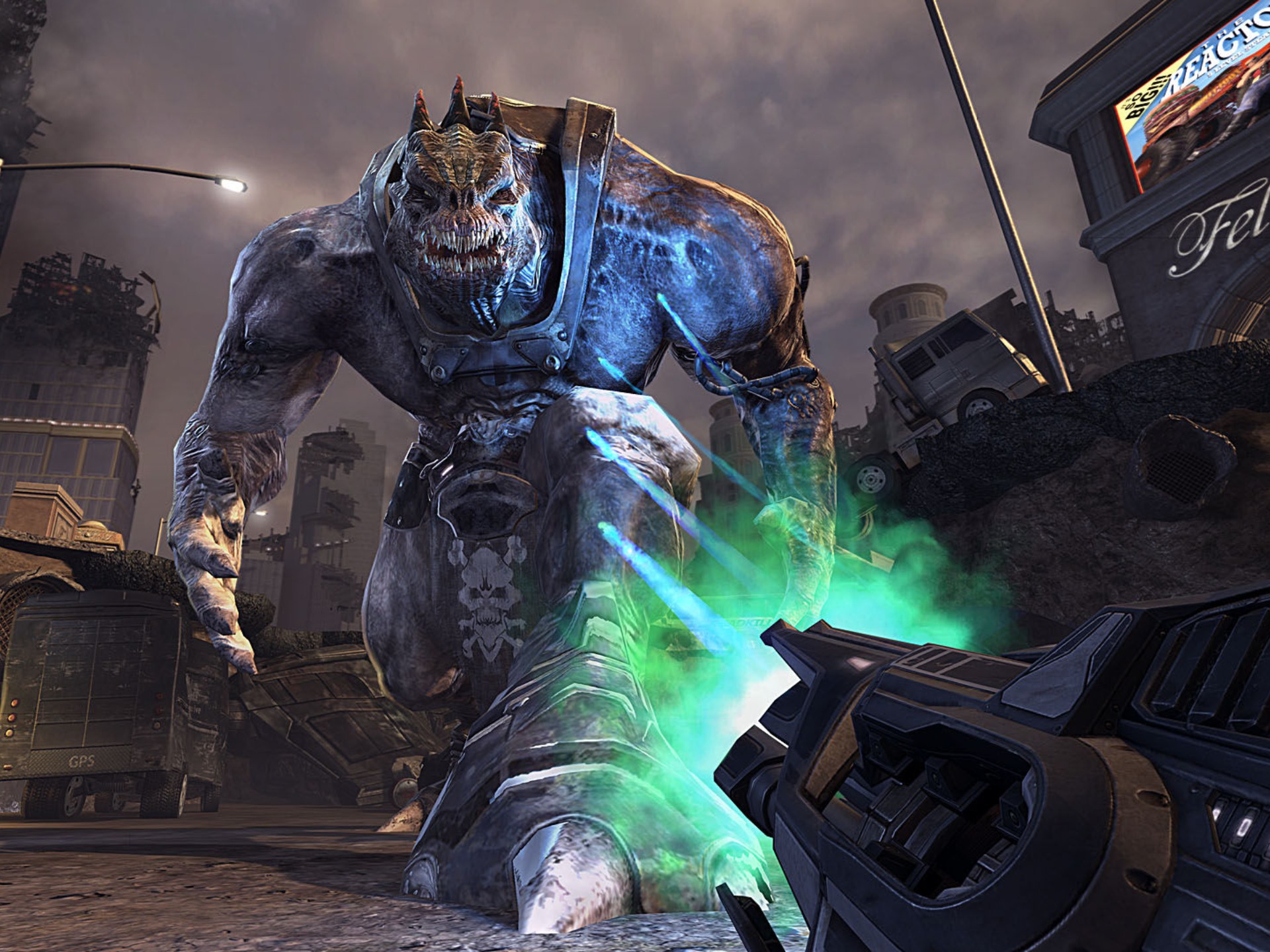Flappy Bird: The Infamous One-Tap Challenge – A Retrospective Review
By [Your Name]

Introduction
Few mobile games have achieved the level of notoriety and addictive frustration as Flappy Bird. Released in 2013 by Vietnamese developer Dong Nguyen, this deceptively simple game became a global phenomenon, sparking debates about its difficulty, addictive nature, and eventual removal from app stores.
But what made Flappy Bird so infamous? Was it the brutal one-tap challenge, the minimalist design, or the psychological hooks that kept players coming back despite endless failures? In this review, we’ll revisit Flappy Bird, analyze its gameplay mechanics, cultural impact, and why it remains a legendary case study in mobile gaming.
The Gameplay: Simplicity Meets Maddening Difficulty
One-Tap Mechanics
Flappy Bird’s premise is absurdly simple: tap the screen to make a pixelated bird flap its wings and navigate through a series of green pipes. The goal? Don’t crash.
Yet, this simplicity masked an unforgiving difficulty curve. A single mis-timed tap meant instant death, forcing players to restart from scratch. The game required near-perfect reflexes, making even a score of 10 feel like an achievement.
Why Was It So Hard?
- No Progression System – Unlike modern mobile games with checkpoints or power-ups, Flappy Bird offered no mercy. Every failure was a reset.
- Precise Hitboxes – The collision detection was pixel-perfect, meaning even a slight graze against a pipe meant game over.
- Unpredictable Physics – The bird’s movement had a slight delay, making precise control nearly impossible for beginners.
The Psychology of Addiction
The "Just One More Try" Effect
Flappy Bird exploited psychological triggers that kept players hooked:
- Loss Aversion – Players hated losing progress, making them obsess over beating their high score.
- Variable Rewards – The randomness of pipe gaps created unpredictable difficulty spikes, keeping engagement high.
- Social Competition – High scores were shared online, fueling rivalry among friends.
The Dark Side of Addiction
Dong Nguyen eventually pulled the game from app stores in 2014, citing its overwhelming addictive nature. Reports of players spending hours—even days—trying to beat their scores highlighted the game’s dangerous grip on users.
Cultural Impact & Legacy
A Viral Sensation
At its peak, Flappy Bird was earning $50,000 daily from ads, despite its simplistic design. Memes, rage compilations, and even clones flooded the internet.
Influence on Mobile Gaming
- The Rise of Hyper-Casual Games – Flappy Bird proved that simple mechanics could be wildly profitable, inspiring games like Crossy Road and Doodle Jump.
- The Difficulty Debate – It challenged the notion that mobile games had to be easy, paving the way for hardcore mobile experiences like Super Meat Boy Forever.
Where Is Flappy Bird Now?
Though officially delisted, Flappy Bird clones and emulators still exist. Dong Nguyen later released Swing Copters, another brutally difficult game, but none matched Flappy Bird’s viral success.
Final Verdict: A Masterpiece of Frustration
Flappy Bird was more than just a game—it was a cultural moment. Its punishing difficulty, addictive nature, and sudden disappearance cemented its place in gaming history.
Pros:
✔ Simple, addictive gameplay
✔ Perfect for short bursts
✔ Legendary status in mobile gaming
Cons:
❌ Brutally unforgiving
❌ No progression system
❌ Removed from official stores
Score: 8.5/10 – A flawed yet unforgettable experience that redefined mobile gaming.
Conclusion: Will Flappy Bird Ever Return?
While Dong Nguyen has expressed no plans to revive Flappy Bird, its legacy lives on. Whether you loved it or hated it, there’s no denying its impact. For those who endured its relentless challenge, Flappy Bird remains the ultimate one-tap test of patience and skill.
Would you play it again if it came back? Let us know in the comments!
Tags: #FlappyBird #MobileGaming #RetroGames #GameReview #AddictiveGames #IndieGames #GamingHistory


















